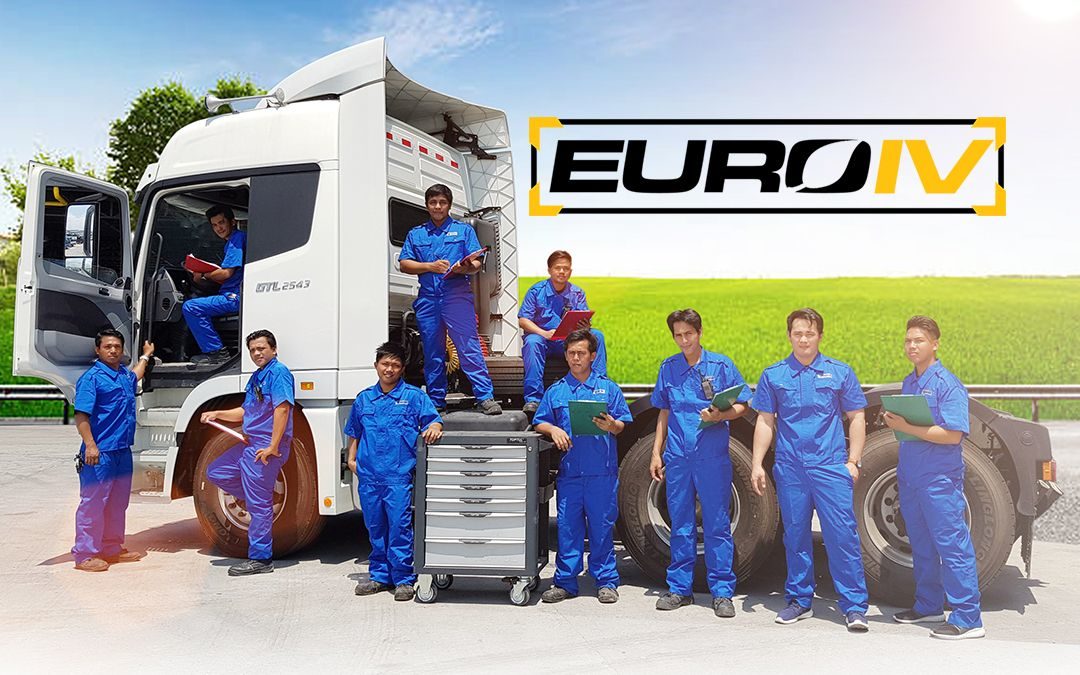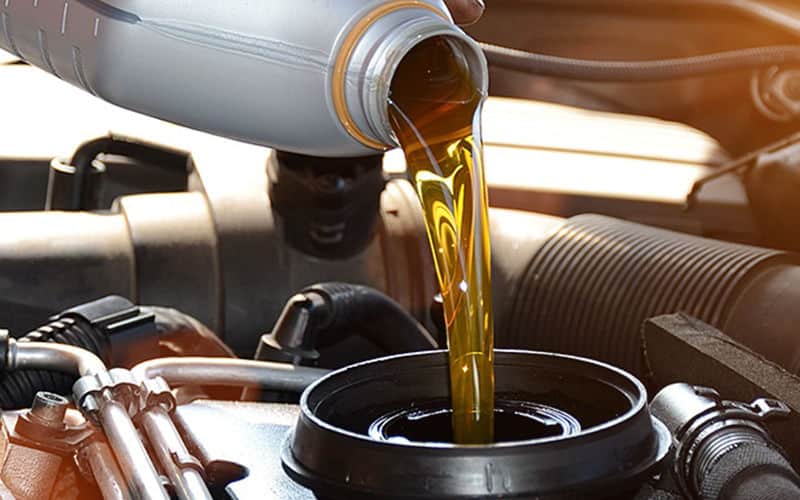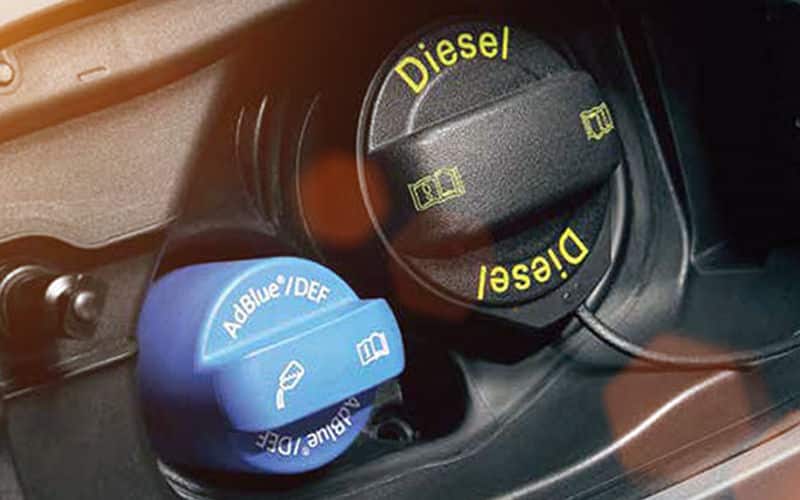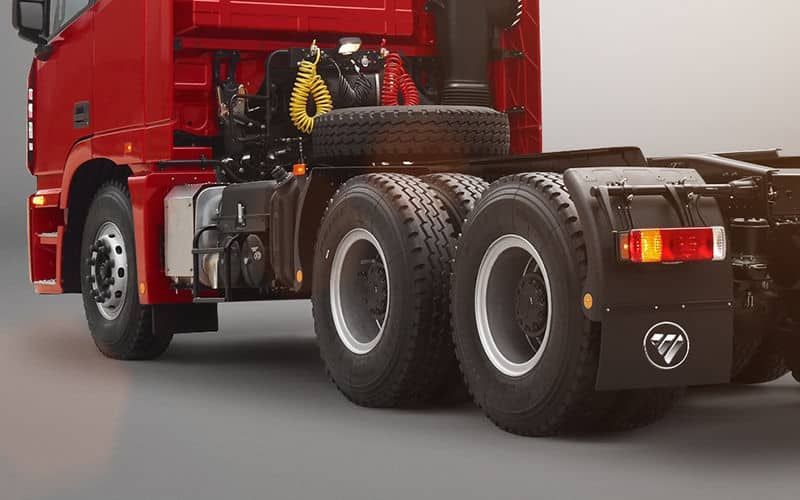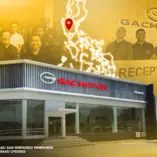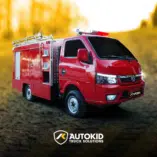How can you maintain your Euro IV truck?
- Regular oil change
- Top-up fluids
- Rotate the tires
One of the greatest problems truck drivers have to face in recent years is the traffic congestions that affects many parts of the metro. But aside from the increased wear-and-tear of the parts in their truck, Philippine traffic brings a multitude of other problems and issues. This includes more fuel expenditure, decreased turnover, the never-ending cycle of poverty, delays in the shipment of goods, and above all else, additional pollution.
The longer trucks and other vehicles are on the road; the more fumes they emit. In addition, because incomplete combustion is more likely due to neglecting basic maintenance duties, engines are much less efficient when they are idle or moving at a low speed. Lastly, commuters are also being exposed to more pollutants, causing more ill effects on their health which results in increased medical bills and reduced life spans.
Because of the worsening traffic situation drivers that have to face every day here in the Philippines, more and more trucking businesses have started making the switch to Euro IV compliant trucks. Euro IV is a standard for emission in Europe that is also accepted all over the world. It requires vehicles such as cars and trucks to use fuel with significantly lower sulfur and benzene contents (50 ppm or 0.005 percent and a maximum of one percent by volume respectively).
Therefore, Euro IV fuels are 10 times cleaner than the currently imposed Euro II standard. Cleaner fuel means cleaner emissions with lower levels of benzene and sulfur and less pollution in the air. If you’ve purchased a Euro IV compliant truck, like the ones from Foton Philippines, here’s how you can maintain your Euro IV compliant trucks:
Regular Oil Change
Changing the oil of your truck is probably the best thing you can do to keep it running better and longer, as well as remaining Euro IV compliant. Even though the oil change schedule can vary depending on the manufacturer of your truck, it still does not take into consideration the extra work that is expected from your vehicle.
Opinions might vary, but just to be on the safe side, change the oil in your truck every two to three thousand miles. And while you’re at it, change the oil filter too so your vehicle can last much longer.
Usually, your Euro IV truck is going to spend a lot of time in stop-and-go traffic which means that it is also going to spend more time idling than a regular vehicle. Because of this, the oil breaks down faster. So change the oil often and use a good grade of motor oil to save a lot of wear and tear.
Top-up Fluids
With Euro IV trucks, parts other than the engine are more likely to fail first. This means that your rear ends are going to wear out much faster than normal and your transmissions are going to take a beating when hauling a load.
Make sure that these critical systems don’t fail on you by changing the transmission fluid and filter in half the time frame of a regular vehicle. For regular cars, mechanics recommend that this process is done at least every 50,000 miles, but in order to save yourself money in the long run, have it changed at 25,000 miles.
Cutting the maintenance schedule in half not only ensures that there is less wear-and-tear on your truck, it also gives your mechanic the chance to find any potential issues before it becomes expensive.
It is also important to note that AdBlue is an important fluid that should be injected into your vehicle’s exhaust system. AdBlue reduces emissions and makes your vehicle eco-friendlier by enabling much of the polluting nitrogen oxide elements of the exhaust gas to be removed and converted into water.
Rotate the Tires
In order to ensure even wear-and-tear, the tires on your Euro IV truck need to be rotated on a regular basis. Try to rotate the tires at least every 3,000 miles if most of your deliveries are made in the city. Rotating your tires also gives a mechanic the opportunity to check the rest of the system such as brake lines and brakes and spot any abnormalities.
Whether you are operating a brand new or second-hand truck, it is also important to check the air pressure in your tires on a weekly basis to make sure that it lasts for a long time. Remember, the tire pressures that are recommended by the manufacturers ensures two things: better stability and a smoother ride.
Key Takeaway
Here in the Philippines, the Department of Environment and Natural Resources or DENR has pressed for the acceptance of Euro IV emission standards beginning June 2016. However, the DENR has admitted that the country lags behind in implementing these standards as Europe and North America have already made the switch since 2005.
Upgrading your trucks and truck parts in the Philippines to Euro IV is said to be more than just saving the environment. This standard can also help improve the fuel economy of your truck and reduce the emission of harmful chemicals. Euro IV fuels can even improve the power of your vehicles and restore the maximum performance of the engine by cleaning and reducing the engine deposits inside.
But until such time that the country becomes Euro IV-compliant, remember that you are breathing in the fumes from Euro II fuels that are prevalent in the country as you stroll around or endure the traffic in the city.

